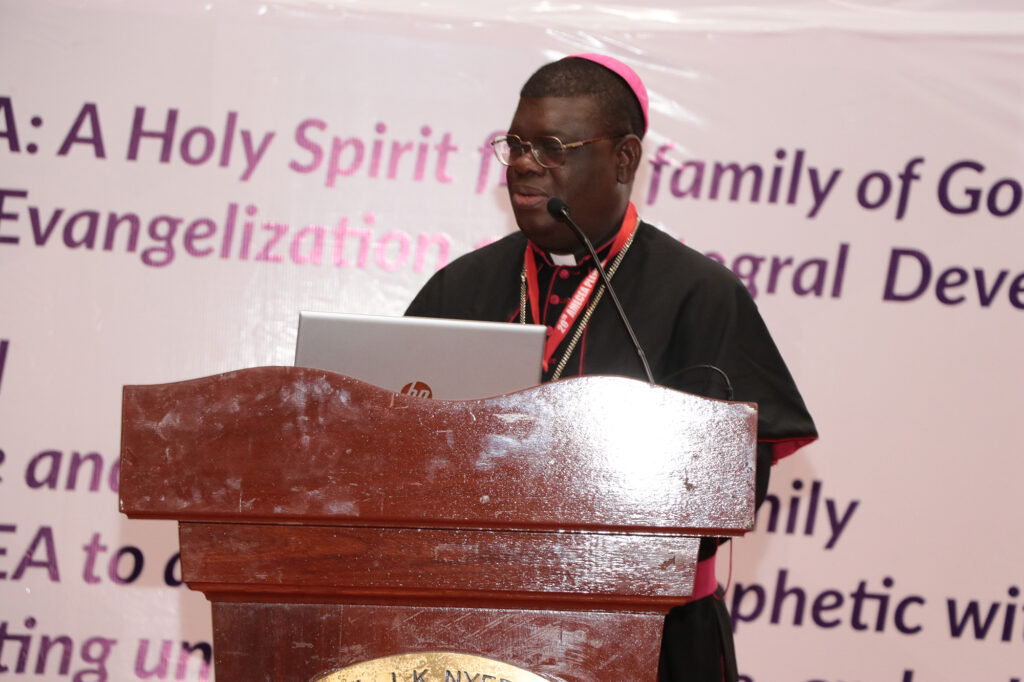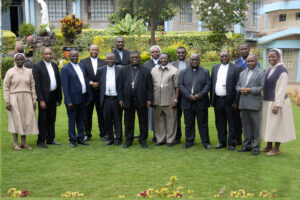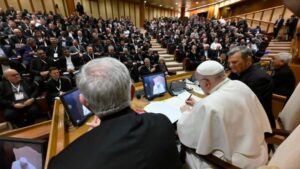AMECEA PLENARY: Welcoming the Delegates to 20th Plenary, Chairman of AMECEA Insists on Implementation of Laudato Si

AMECEA Chairman Bishop Charles Kasonde
Sarah Pelaji
On July 11th, 2022 the first day of the 20th AMECEA Plenary Assembly Bishop Charles Kasonde has welcomed all bishops and delegates from conferences and international community to Dare Salam for the Plenary Assembly.
Bishop Kasonde has reflected that during the plenary we shall Listen to one another for the journey of discernment and faith.
As the theme of plenary is inspired by the encyclical letter of Pope Francis Laudato Si, the chairman said that the practical outcome is highly expected because the Church there is need for change as Africa struggles to address environmental issues.
“The encyclical letter is appreciated not only among Catholics but also people of other churches and faith communities” said Bishop Kasonde, highlighting the need for self-evaluation as a Conference during this plenary.
He added that the reason why Africa is facing issues like the hunger and weather-related issues relates to ecological justice issues, referencing the encyclical Laudato Si.
The chairman of AMECEA has also reminded the delegates that during the SECAM plenary in 2019, the Church leadership on the entire African continent also recognized the ecological crisis affecting the continent and reflected on human restoration of the system by caring for our ‘Mother Earth’, fraternity, change of mindset towards the natural resources and the need for more commitment towards sensitization.
Bishop Kasonde appreciated the efforts of every member Conference to create awareness about care for environment, but insisted that this is another opportunity for them to engage further in the process of discernment, to listen one another’s experiences and to the Holy Spirit with an open mind.
The chairman of AMECEA thanked all the Bishops, participants present and prayed for the success of the plenary which is the 20th of its kind, as it becomes an opportunity for strategic pastoral planning for the future in the protection of the environment.


